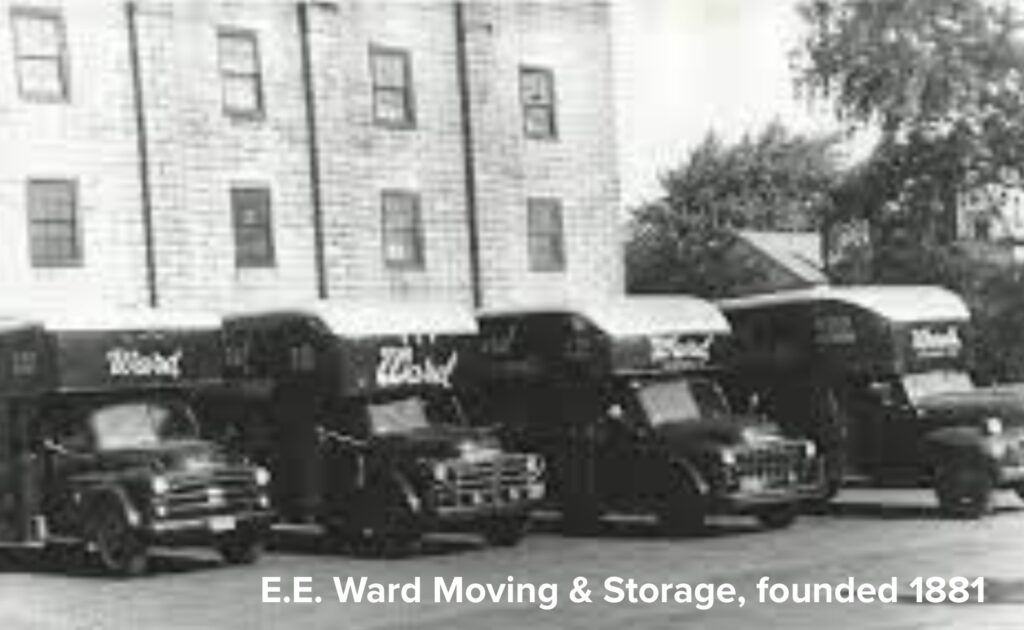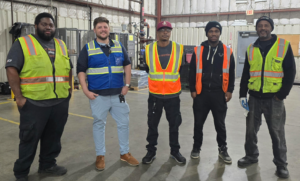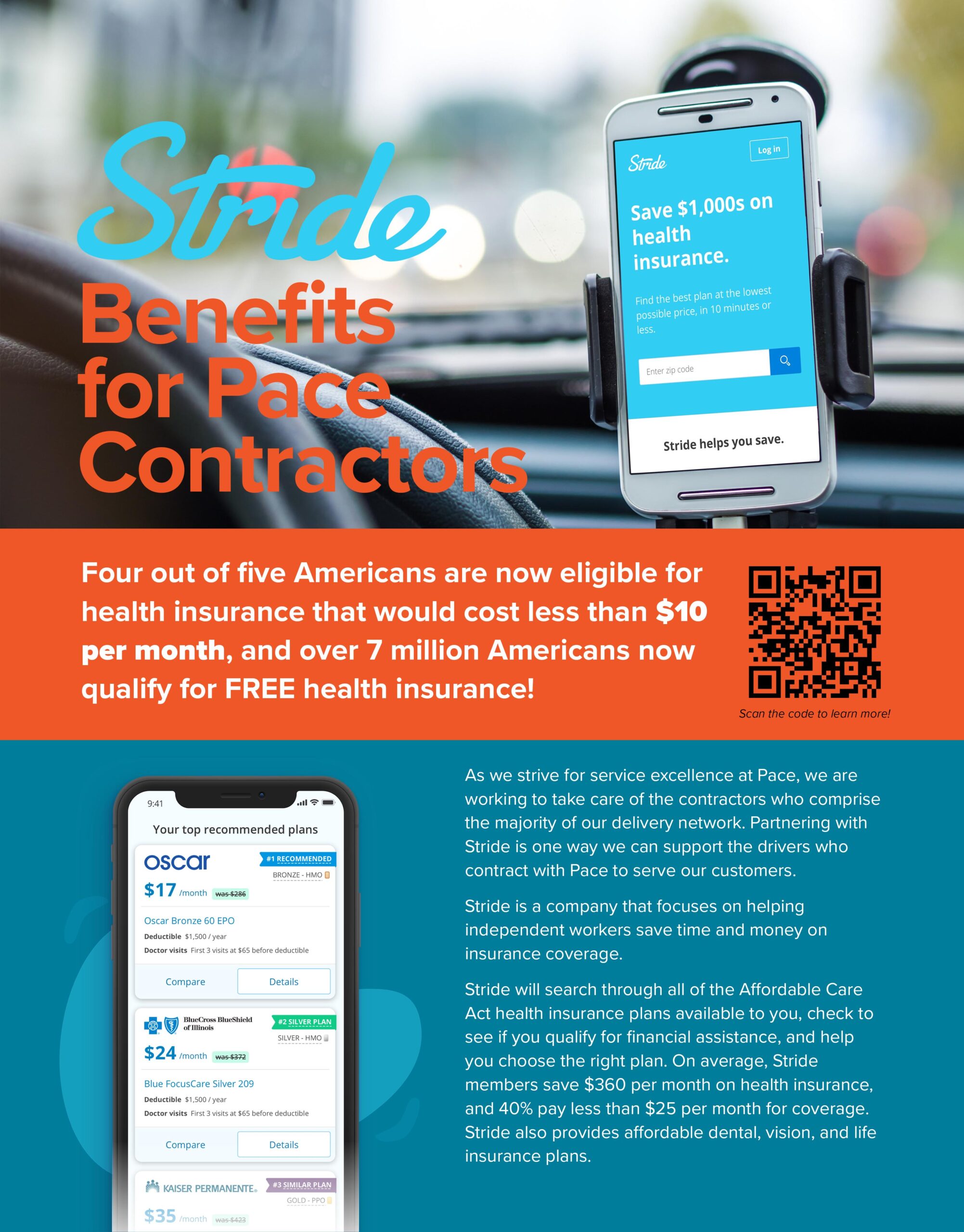

In honor of Black History Month, this edition of Braking News looks at the critical role Black truckers and innovators have played in the U.S. economy. Many have succeeded, sometimes against great odds, in breaking down barriers and establishing themselves as inspirational role models while creating a lasting legacy for Black Americans in the transportation industry.
One of the most interesting and indeed the nation’s oldest, continuously run, Black-owned businesses is E.E. Ward Moving and Storage, founded by John T. Ward. Ward played a key role as part of the Underground Railroad system in Columbus, Ohio in the 1840s, providing shelter for escaped slaves and even hauling US Army supplies in aid of the war effort against the Confederacy.
After the Civil War ended, the company evolved into a moving and storage company and overcame major catastrophes including the Great Easter Flood of 1913 and the Great Depression which took down many other businesses. E.E. Ward continues to thrive and currently maintains locations in Columbus, Ohio, and Raleigh and Charlotte North Carolina.
Another true innovator who made a lasting impact on the transportation industry was Frederick McKinley Jones, born in Kentucky to an Irish railroad worker father and an African American mother in 1893. In 1912, he moved to a large 50,000-acre farm in Minnesota owned by James Hill, who was also the owner of the Great Northern Railroad. He became the farm’s mechanical engineer and would later say in a newspaper article that it was a place “where a man was judged more on his character and ability than on the color of his skin.”
Around 1938, Jones designed the Thermo Control Model A, an automatic truck refrigeration unit. This was a heavy air-cooling unit with refrigerated tubing made to go inside trucks to prevent spoilage of perishable foods. Jones went on to refine his invention several times with a Model B and eventually a Model C in 1941, which was much lighter, simpler, and more durable and mounted on the front of the truck. Jones’ U.S. Thermo Control Company later became Thermo King, and his units were especially important during WWII, preserving blood, medicine, and food throughout the military theater of operations.
Although not a truck driver, Gladys West was a brilliant mathematician and computer programmer who made significant contributions to the development of GPS technology. She was one of a small group of African American women who played a key role in developing GPS at the U.S. Naval Surface Warfare Center in the mid-20th century. West’s work in developing complex mathematical algorithms and models laid the foundation for the GPS system we use today, revolutionizing the trucking industry and the way goods are transported.
These success stories are even more remarkable when you consider they took place during a time of continual segregation and racial discrimination against Black Americans, particularly in the Southern United States during the Jim Crow era. Black Americans were subject to discriminatory laws and practices, including separate and unequal facilities and services, disenfranchisement, harassment, and sometimes violence.
Today, Black Americans are an integral part of the national trucking community, and their many contributions are valued and recognized by the industry and society. However, progress is still needed to ensure that Black drivers have equal access to opportunities and fair treatment in the workplace. There is an ongoing need for qualified drivers matched with a growing demand for diversity and inclusion. Black drivers and other minority groups are poised to play an increasingly critical role in shaping the future of the U.S. transportation industry.
At trucking giant Schneider, where nearly 36% of all its U.S. employees represent people from diverse racial and ethical backgrounds, diversity is a priority. “We believe diversity fuels innovation, inspires creativity, betters strategic thinking, and cultivates leadership,” says Schneider spokesperson Kara Leiterman. “Our people are our most critical asset, and it is imperative to our business — and the nation’s consumers — that we continue to attract and retain talent.”











